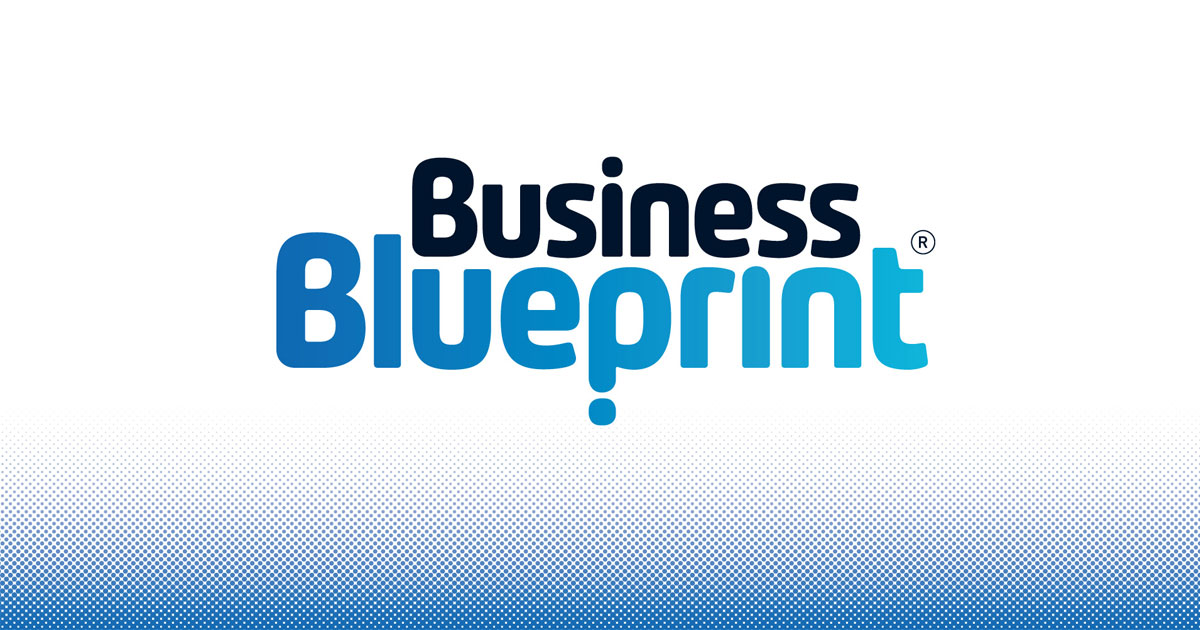Selling your business will not be an attainable goal if you do not first make your company saleable. Though this may seem like a common sense idea, you would be surprised by how many business owners try to sell a company that is not worth selling, they have not made it “saleable.” In this segment of an interview between Dale Beaumont and Mike Reddy, discover the major elements that will dramatically make your company more saleable.
In 1994 Mike created his own traditional tax-based practice before transitioning it into a boutique advisory consultancy, where he mentors and coaches business owners and key decision makers. Mike has been regularly utilised by the media to comment on small business affairs and presented countless seminars to business owners throughout Australia and New Zealand on a range of business development topics.
What are the major elements that will dramatically make a company more saleable?
- Cash, cash, cash! As a business valuer used as an expert witness in a number of cases where valuation methods were as diverse as the valuations themselves, I lobbied hard for judges to accept that businesses have little inherent value. Too often, cash is either locked up in the balance sheet or invested in projects that do not simultaneously add to the company’s cash flow, profitability and return on investment. This dilution is a poor use of shareholders funds and, in my view, they should be returned to them.
- A track record that shows a steady rate of growth over an extended period of time will give a prospective purchaser confidence in the management of the business. In smaller businesses there would have to be sufficient profitability to reward the owner for the capital employed in the business (including a risk premium), at least a market rate of remuneration, as well as an additional sum to be applied as a reasonable return for the risk of running the business.
- A robust strategic plan demonstrating the sustainability of future cash flow and profits is essential, as a buyer will want to be convinced of future growth.
- A strong calibre of management will provide confidence in the business’s ability to grow in the future. If it can be demonstrated that the management team is stable and will continue under new ownership, then all the better. In the case of smaller businesses there must be clear evidence that the business is not dependent on the owner, and that the goodwill is attached to the business and not the owner.
- The assets of the company should be well maintained and in good condition, with no evidence of abnormal expenditure for repairs and maintenance in the period leading up to the sale.
- Key customers are locked in by contracts that extend well past the transition date, and the company’s significant leases (for example, premises, key items of plant and machinery) are not about to expire.
For more of this interview and on major elements to help you with selling your business check out “Secrets of Top Business Builders Exposed!“





